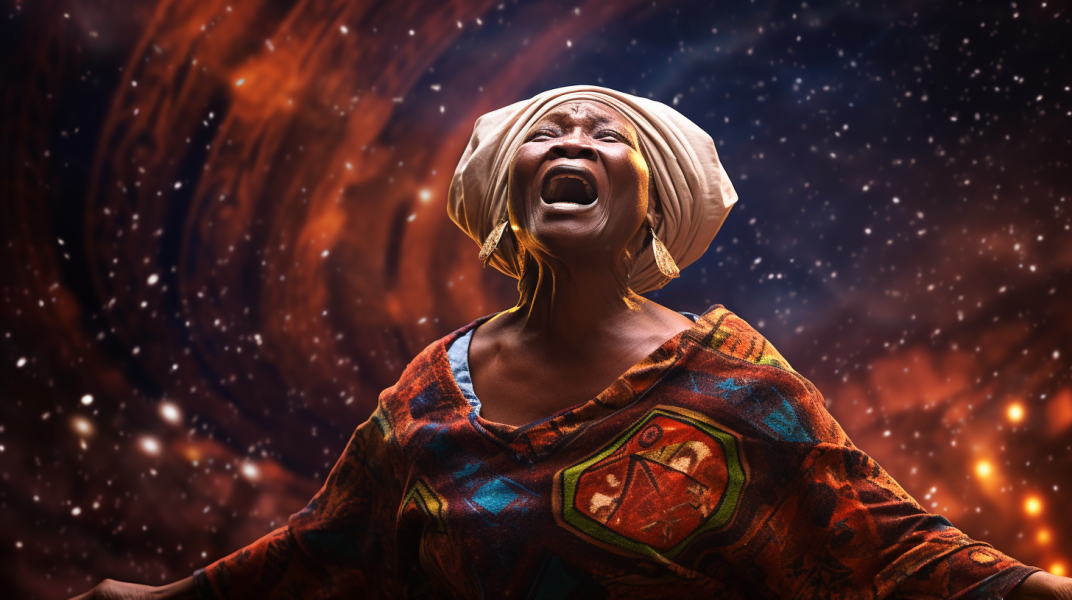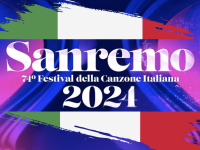To be a child in Nigeria is both beautiful and satisfying to a large extent…

Africanjujuism: Why African fantasy rejects the Anglophone technological future
We are living in a slice of the century whereclimate change, technological advancements, and global conflicts, we find ourselves increasingly distanced from our comfort zone. To do our best, we must also abandon classic solutions, engaging in real exercises of the future.
But perhaps even the now traditional approach to the fantastic world, now less imaginative, does not really come to our aid. To revitalize our ability to envision new realities, alternative narratives are essential.
One such narrative gaining attention is African literary fantasy,as a possible alternative approach to fantasy. We have discussed this in the pages about the anthology United Futures of Africa (Future Fiction 2021), but so does Africanfuturism (Brittle Paper, 2020). Since 2018, specific terms have been coined or retrieved to identify it: starting from ‘Afrofuturism’ to ‘African Futurism’ (in two words) and finally to ‘Africanfuturism’ (in one word).
Africanfuturism, distinct from Francophone Négritude or Portuguese-speaking movements of the past, integrates technology into its narrative. This approach reflects the unique cultural and social realities of Africa, offering a fresh perspective on what we call fantasy and science fiction.
Let’s call it Africanfuturism
The strong term seems to be Africanfuturism. Not by chance, the term Afrofuturism was not born from a native African. Not by chance, the debate is influenced by the gravitational force of Nigeria. Wole Talabi (Nigerian), Nnedi Okorafor (born in the States to Igbo parents), and Mohale Mashigo (South African of Sepedi language, Bantu but not Khoisan), among others, claim various titles in science fiction and fantasy. There must be a reason.
 Photos of the three authors: From left to right Nnedi Okorafor, Mohale Mashigo, and Wole Talabi.
Photos of the three authors: From left to right Nnedi Okorafor, Mohale Mashigo, and Wole Talabi.
Personally, I believe this is the center of the debate. African fantasy is a local fantasy, in which the Western divisions between fantasy and science fiction do not apply, as no African fantasy can do without mystical elements. In my mind, the difference between the creation of a Western and an African imaginary has always been clear to me. “Think of a place where there are no books,” Botswana writer Tlotlo Tsamaase told me, the only narrator present in both ‘United Futures of Africa’ edited by Francesco Verso, and in ‘Africanfuturism’ edited by Talabi.
Or, let’s call It Africanjujuism?
Okorafor went even further, coining an even more specific term like ‘Africanjujuism’. ‘Juju’ is a Nigerian word that indicates protective magic, spirits, and the supernatural. The narrative version cannot do without it, as it is intertwined with contemporary African realities and cultures for not only literary but also social and political narratives.
Discussing Africa as a whole can be misleading, as the continent is incredibly diverse. In summary, we mainly refer to the area of the Empire of Kanka Mussa, which more or less became French West Africa, and the Bantu area that moves south from Cameroon. No offense to other areas.
Well, to try to understand the difference between science fiction and Africanfuturism, we must set aside at least two cultural biases: the written word and the scientific legacy of Isaac Newton.
The West and the Loss of Voice
Writing in the West separates the mutable oral tradition from the cold chronicle, myth from history. All civilizations have found a way to record in writing quantities relevant to social development, but in not all civilizations has the recording of facts become narration and mystification in writing. Without remembering orality, writing becomes architecture, forgetting direct emotion to reconstruct it in an indirect form.
It is reasonable that much of the world still rejects this transition and considers myth an integral part of reality and writing as an extension of the oral, emotional, and not necessarily precise in quarks and attoseconds.
The West and the Loss of the Stars
The second point concerns Isaac Newton, the man who changed the world by taking science outside of man, towards the stars. His version of mathematical calculus will eventually take man to the stars, removing them from myth and dream. This mathematical symbolism is nothing but a type of writing, which like the other definitively separates man from the extraterrestrial myth, from his version that previously resided within man, in his spiritual part. Those who, like the “Africans”, reject the post-Newton narrative, have not lost the dream of the stars, but still have it within themselves.
One day we will write the history of African physicists! For now, we must recognize that the fantastic is not always resolved in the Western way, in what Wole Talabi calls a “prosthetically-enhanced future”. This genre invites us to explore a future where technology, myth, and the human spirit coexist in a uniquely African narrative.
Opening Image: An African woman narrating and visualizing Africanjujuism (image created by Midjourney)




